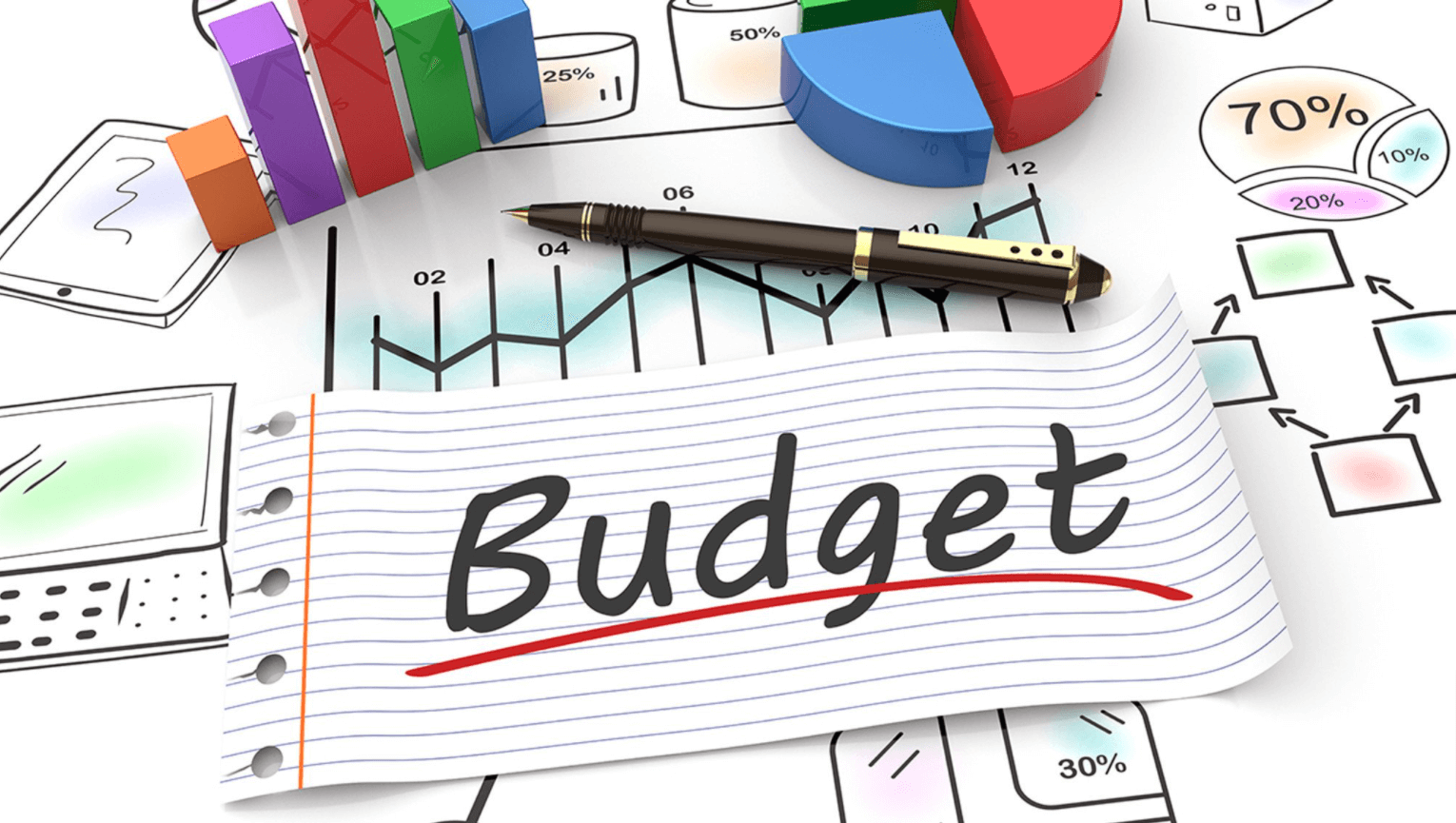Budgeting is something that a lot of people want to do more and more, but very few seem to be able to master it. Dividing your wages up into bills, taxes, health care, debt repayment, rent, and social engagements, while still having some leftovers seems like an all but impossible task. The fact is though, budgeting is the most effective way that you can meet all of these commitments and still have some leftovers that can go towards your savings for a house, car, or holiday.
What is a budget? Well, a budget is a plan you make for every dollar that you have. It’s not magic and it’s not rocket science, but doing it properly will mean more financial security and freedom in your life, as well as a lot less stress as a result. The article below will discuss the most effective ways that you can set up a budget with your monthly wages.
Not Getting Paid Monthly Wages?
Of course, before you can begin to budget your monthly wages, you will need to actually get paid said wages. There are a variety of reasons that employers will throw at employees as a means to try and get out of paying their wages. If this is happening to you, then you may want to contact some experts in employment law like Baird Quinn LLC, who will be able to help you claim for all of the wages that are owed to you.
How Do You Budget Money?
The best way that you can begin to actually budget your money is by:
- Calculating your monthly income, picking a budgeting method and monitoring your progress
- Give the 50/30/20 rule of budgeting framework a try:
- Allocate up to 50% of your overall income for your needs
- Leave out 30% of your income to take care of your wants
- Commit 20% of your income to savings and debt payments
Effective Ways to Understand the Process of Budgeting
Some of the most effective methods that are available to you when trying to understand the budgeting process include but are not limited to:
Choosing a budgeting plan that works for you
Any budgeting plan that you implement, before anything else, absolutely needs to cover your needs (which include the likes of rent, food, and bills). A plan should also take care of your wants — if you use a budget plan that doesn’t allow you to treat yourself, you’re likely not going to stick to it. Finally, your budget will need to allow some money for savings, as setting something aside is the whole point of making a budget.
Keep track of your progress
You should maintain a record of all of the spendings that you do as then if some months you are going over your budget, you can review your spending and track where it is that you went wrong.
Automate your savings
You should try to automate as much as you possibly can, as then the money you end up allocating will be distributed with minimal effort on your part. An accountability partner or even some kind of support group can also be of massive help so that you will be held accountable for your choices and will want to improve on them as a result.




